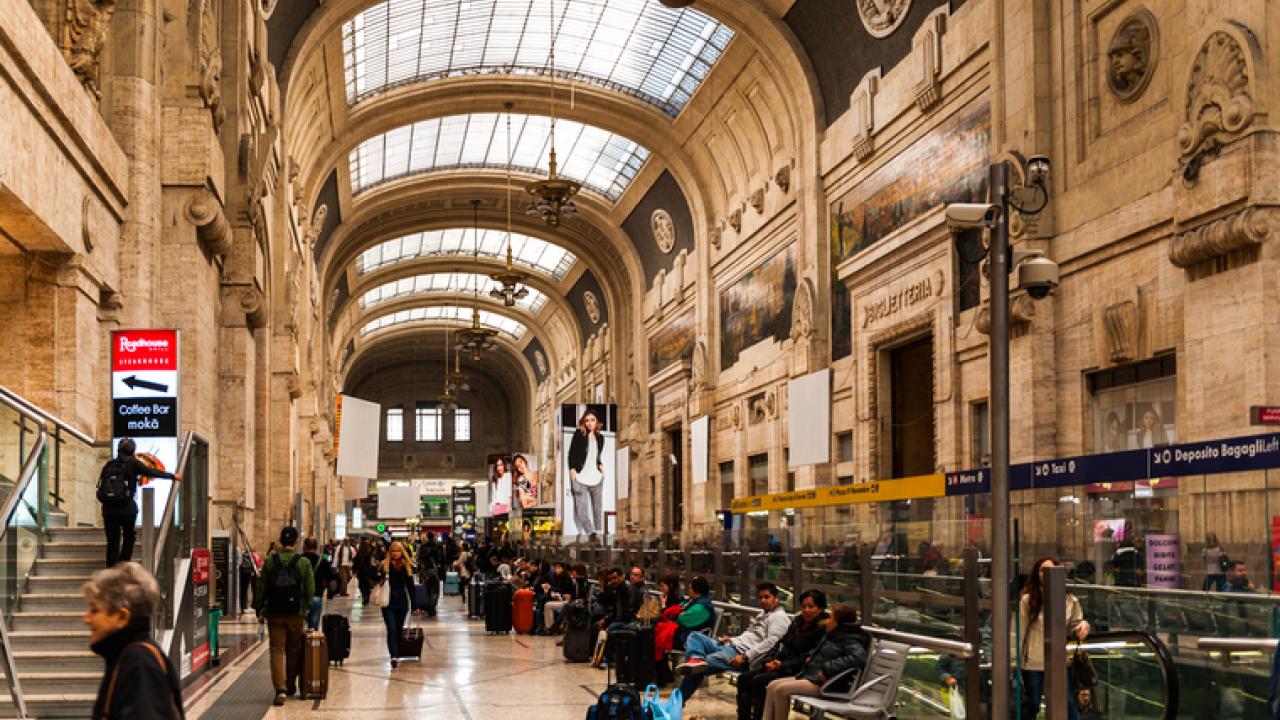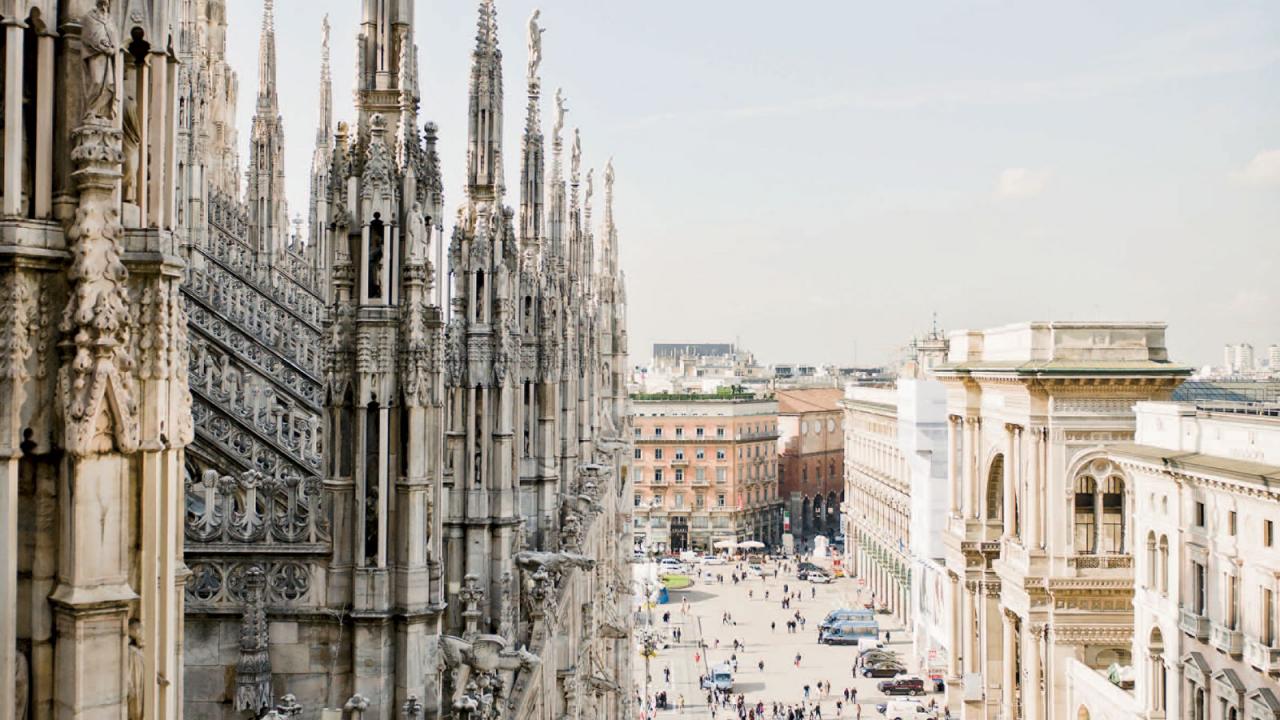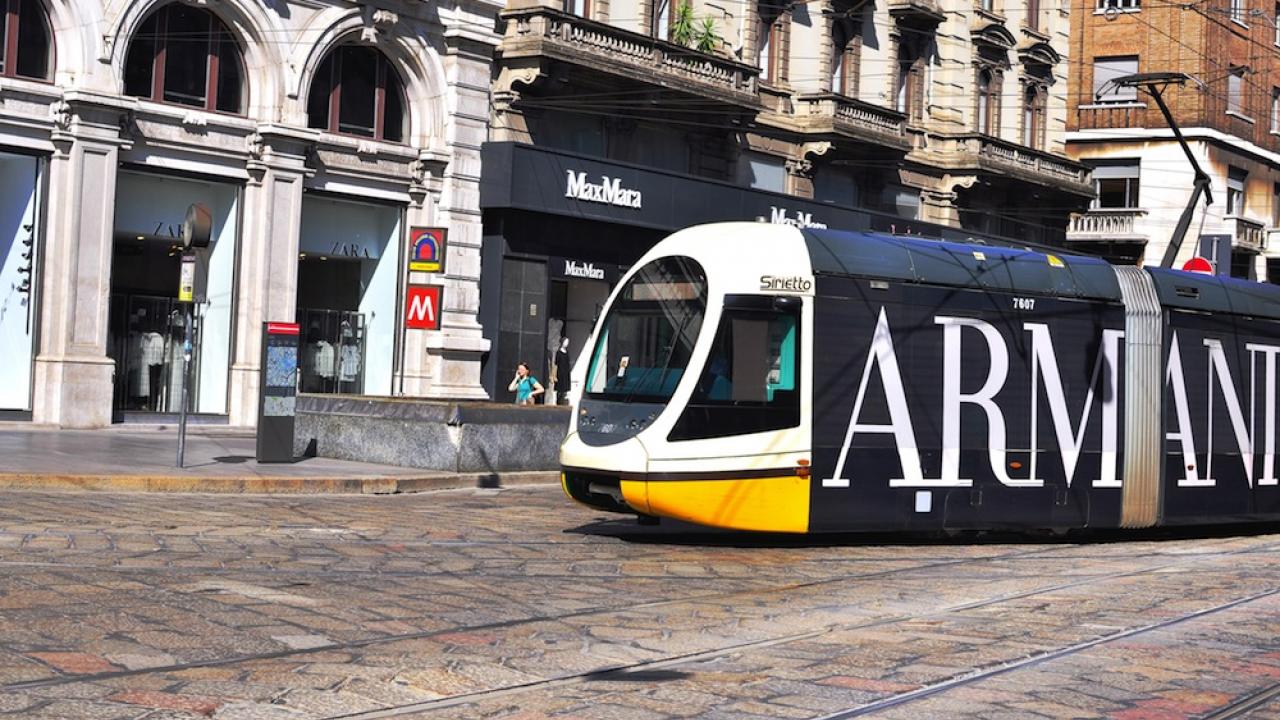Thursday, February 21, 2019
Italy, LANDER´s next target
Italy is home to a plethora of works of art, extraordinary landscapes and gastronomy we have all occasionally dreamed of.
The cultural heritage of Italy as the cradle of the Roman Empire and the Renaissance is astounding: Michelangelo's David and the Sistine Chapel's frescos, the Birth of Venus and La Primavera by Botticelli are but a few examples.
Every year huge numbers of tourists descend on its cities and little villages, and Italy has a considerable transport infrastructure to move them around, enabling them to make any trip in full comfort within cities or between regions.
There can be no doubt that tourism plays a vital role in the country, as one of the most profitable sectors and also the sector that has shown the largest growth. Nor should we forget, however, that Italy is one of the world's largest economies in terms of GDP. It is one of the European Union's largest worldwide exporter of luxury products, and also has a thriving industry producing precision machinery, motor vehicles, chemicals, fashion etc., with total exports worth 656.91 billion (2017), mostly to the European Union.
In terms of services for tourists and locals, in addition to goods transit, it could be said that rail transport is the country's major system nowadays. In 2017 Italy had a total of 24,435 km of rail networks, of which 1,350 are high-speed routes between Turin-Milan-Bologna-Rome and Naples, which will eventually reach Venice and the south of the country in the years ahead. Trenitalia SpA is the main company in charge of passenger transit, while Ferrovie dello Stato (FS) concerns itself with the transportation of goods. Other firms such as Italo or Trenord vie with the main company to do business in a market that has been deregulated for years.
Italy's major cities such as Rome, Naples and Milan have metro systems. The Milan network is one of the largest in Italy and also in the European Union, carrying over 1.3 million passengers per year. The light metro option is also used in Genoa or Turin, among others.
National Infrastructure and Transport Account data show that the road infrastructure, on the other hand, totals 158,896 km, of which 6,000 km of motorway. In terms of intercity bus routes, the large public operator Busitalia, part of the Ferrovie dello Stato Group, and the private company Arriva Italia, among others, operate the extensive road network, including border connections with France, Switzerland, Austria and Slovenia.
In relation to LANDER's strategy of expansion, this is felt to be the right time to move into the market and help improve the training of professional drivers working in Italy's extensive transport network, by means of driving simulators. This obviously includes bodies such as the police force, which also has car-borne officers working to keep citizens safe.
We hope to enhance our knowledge of the country in the months ahead, and contribute added value to the companies operating in Italy in the near future.
Feel free to follow our LinkedIn page, which discusses and shares LANDER's latest news and information updates.



